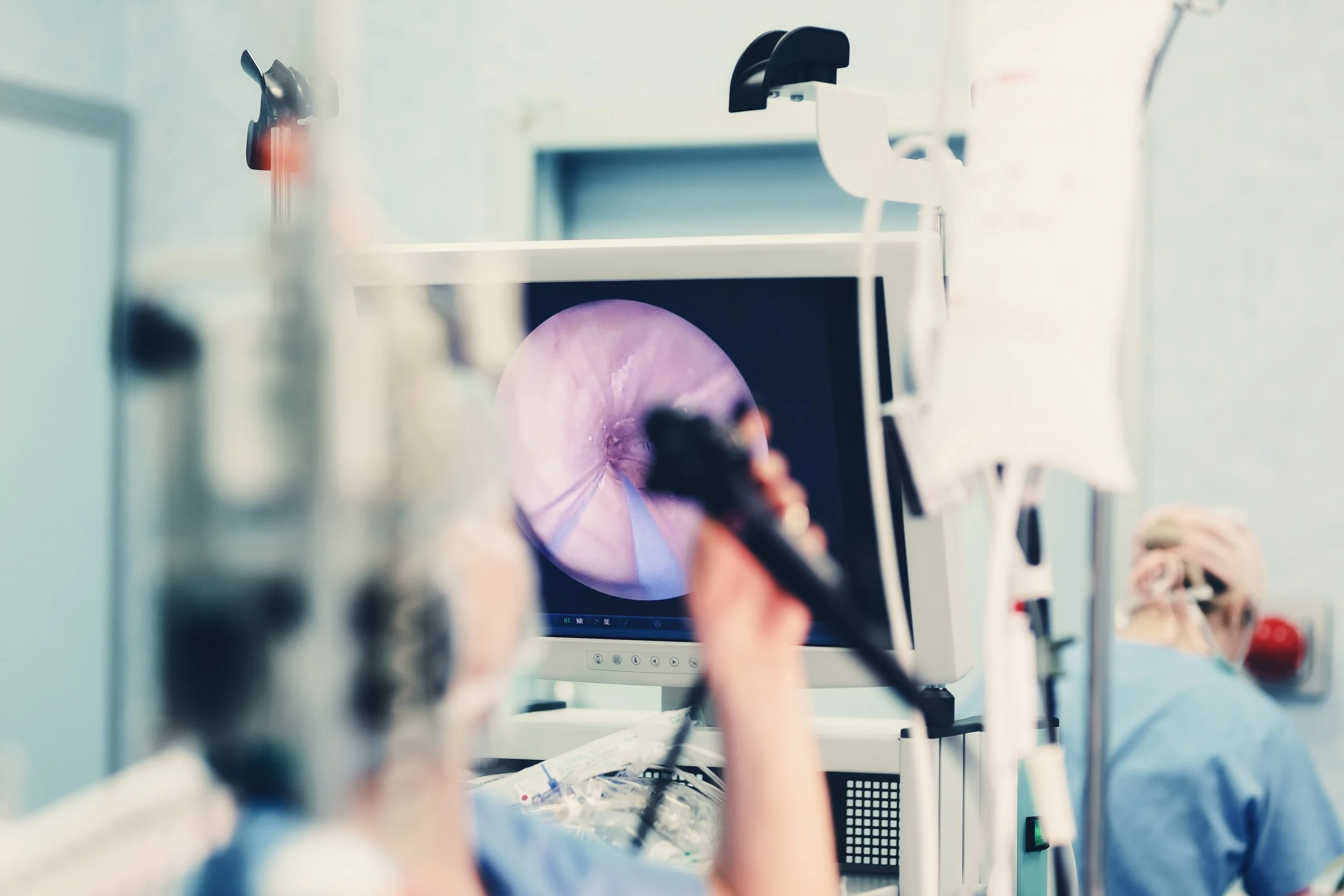The most common type of colon cancer screening is of course, the colonoscopy. But what happens during a colonoscopy, when should you get a colonoscopy, and how do you prepare for a colonoscopy? We answer all these questions and more in our overview of the colonoscopy.
Are You At Risk? Make Sure You’re Aware of These 8 Risk Factors For Colon Cancer
Are you at risk for colon cancer? Even if your risk factors are not hereditary, it's important to be aware of what risk factors can affect your chances. The risk of developing this disease is higher for people who have risk factors such as age, gender, and other health concerns. There are also risk factors that we can control like diet, exercise habits, smoking. Let's take a closer look at the risk factors for colon cancer.
8 Screenings And Tests For Irritable Bowel Syndrome (IBS)
Irritable bowel syndrome (IBS) testing is done based on a physician’s judgment after examining many factors such as family history, symptoms, stress factors, etc. Let's take a look at the tests that are relevant to the diagnosis of IBS.
Colonoscopy Prep: How to Get Ready for Your Exam
Few routine procedures are avoided like colonoscopies; this is unfortunate because colonoscopies are the only way to detect colorectal cancer in its early stages. Let’s take a look at some of our most frequently asked questions about colonoscopies here at the Colorectal Clinic of Tampa Bay.
4 Screening Tests For Colon Cancer
The end of March is drawing near— and with it comes the end of Colon Cancer Awareness Month. However, we shouldn’t forget about colorectal cancer as we enter into April. Many patients think that they don’t need to be screened because they don’t have colon cancer symptoms; as we’ve discussed in a previous post, this simply isn’t the case. Everyone over the age of 40 should be screened regularly, and it doesn’t always have to be with a colonoscopy!
How You Can Support Colorectal Cancer Awareness Month
According to the CDC, “51,896 people died of colorectal cancer” in 2019. That was the second highest rate of all cancer fatalities, surpassed only by lung cancer. Considering that colorectal cancer can be detected and remedied in its early stages via screening, this figure is alarming. This March marks the twenty-first colorectal cancer awareness month; we invite you to spread the word, ask questions, and schedule your own screening if you are overdue.
Understanding Your Colorectal Cancer Screening Options
The most important thing to remember with colon cancer is that early detection can mean all the difference for effective treatment and even prevention. Thankfully, there are a few colorectal cancer screening options you can choose from to make sure you stay healthy.
Colorectal Cancer Screening 101: Everything You Need to Know
Screening for colorectal cancer is the best way to detect and treat the disease earlier than it may have been caught otherwise. Colorectal cancer screening is used to look for the disease when a person is not showing any symptoms, but may fit the criteria of people who are prone to getting a particular disease, whether the factor is age, family history, or something else. We’ll take a look at the ins and outs of colorectal cancer screening, including who should get screened, the types of screening tests used, and what happens during your screening.








